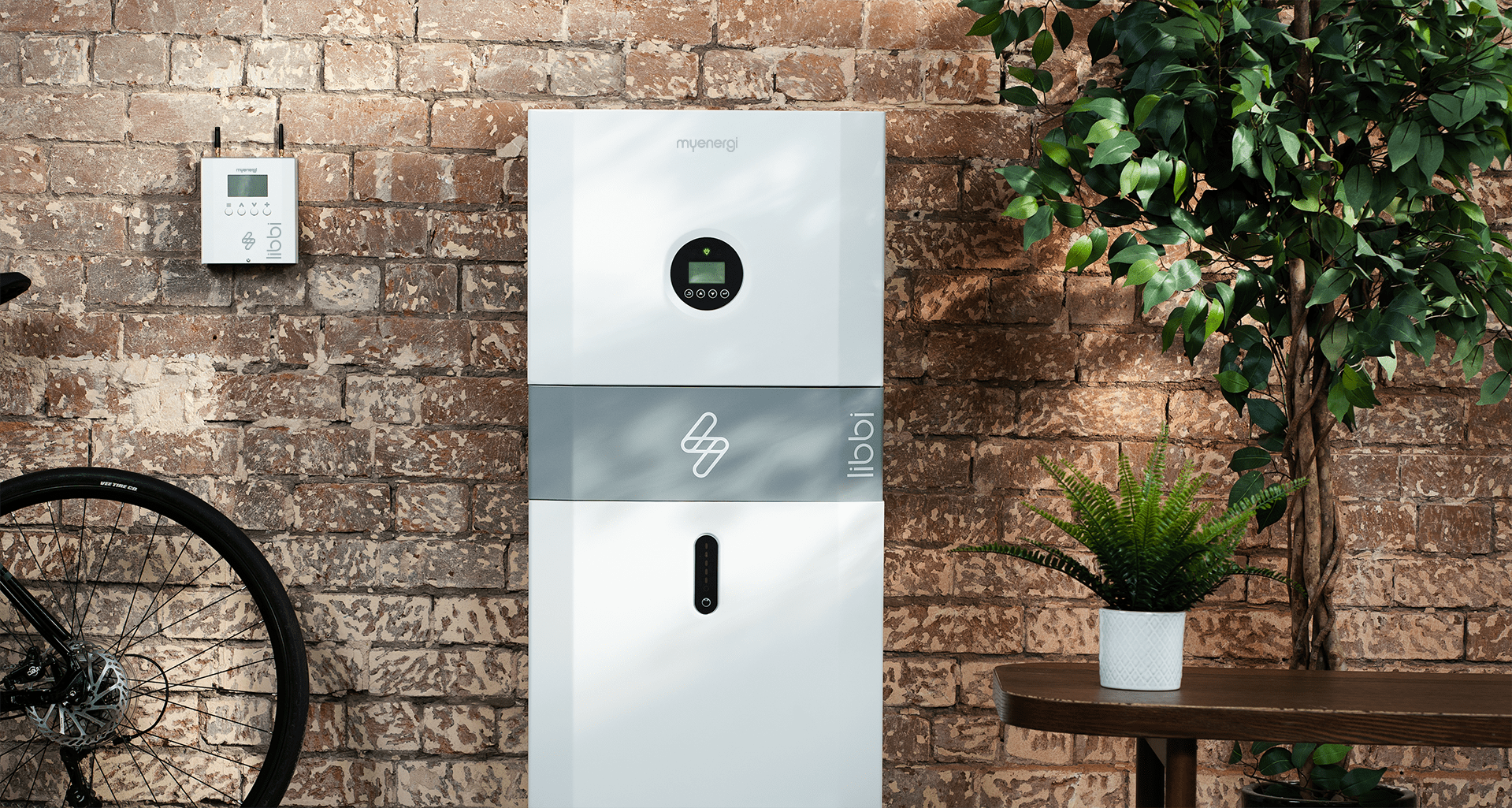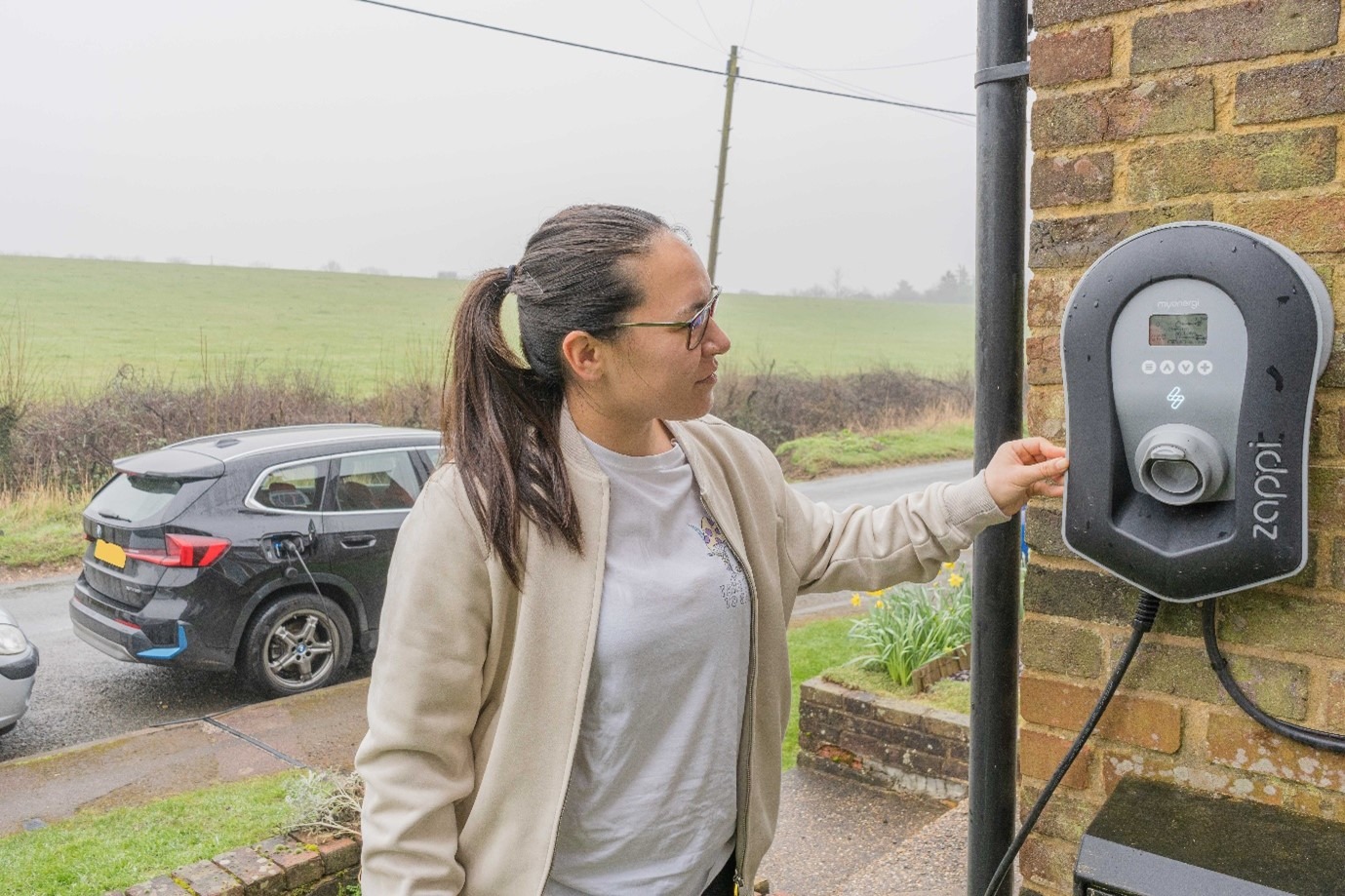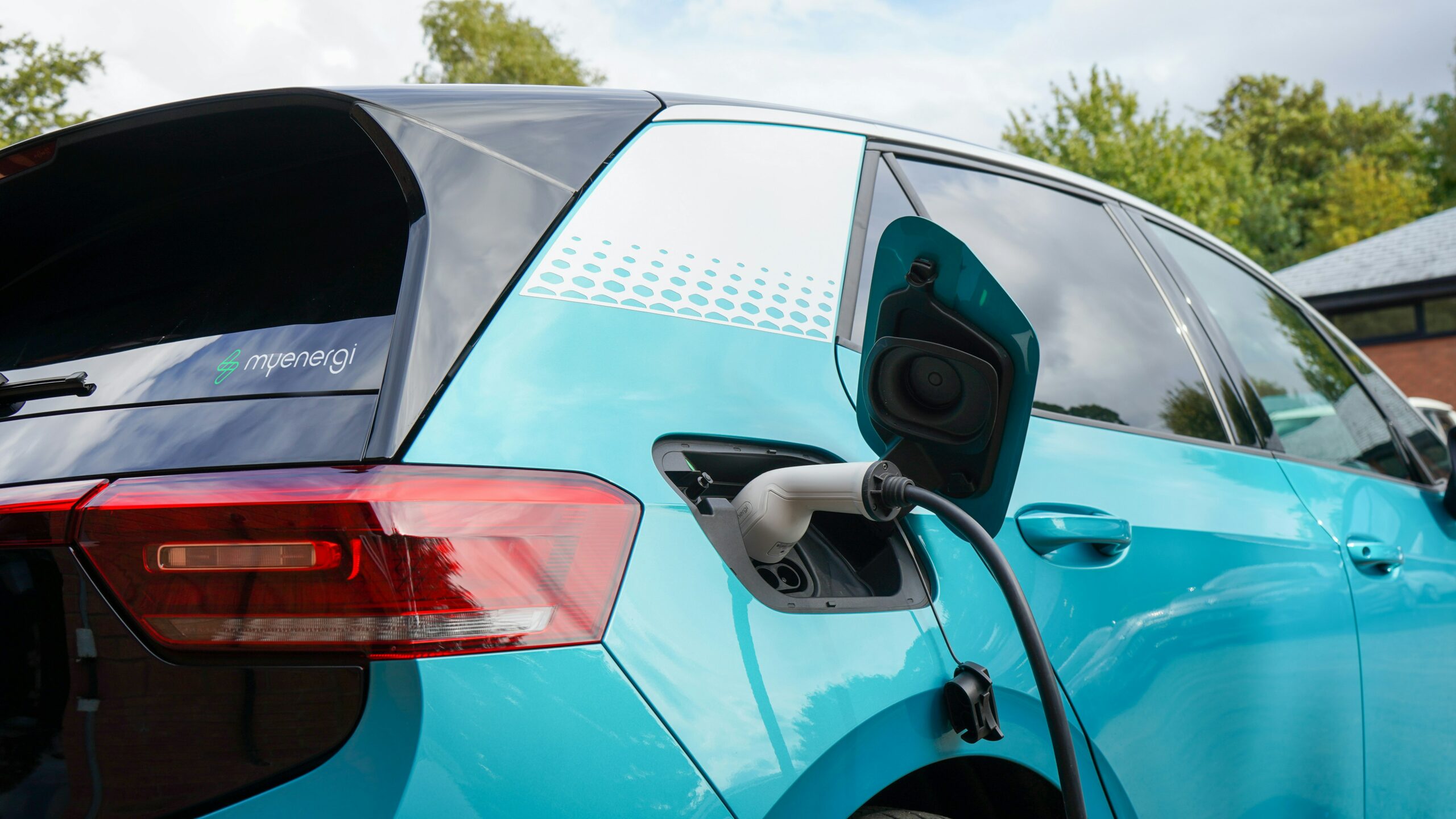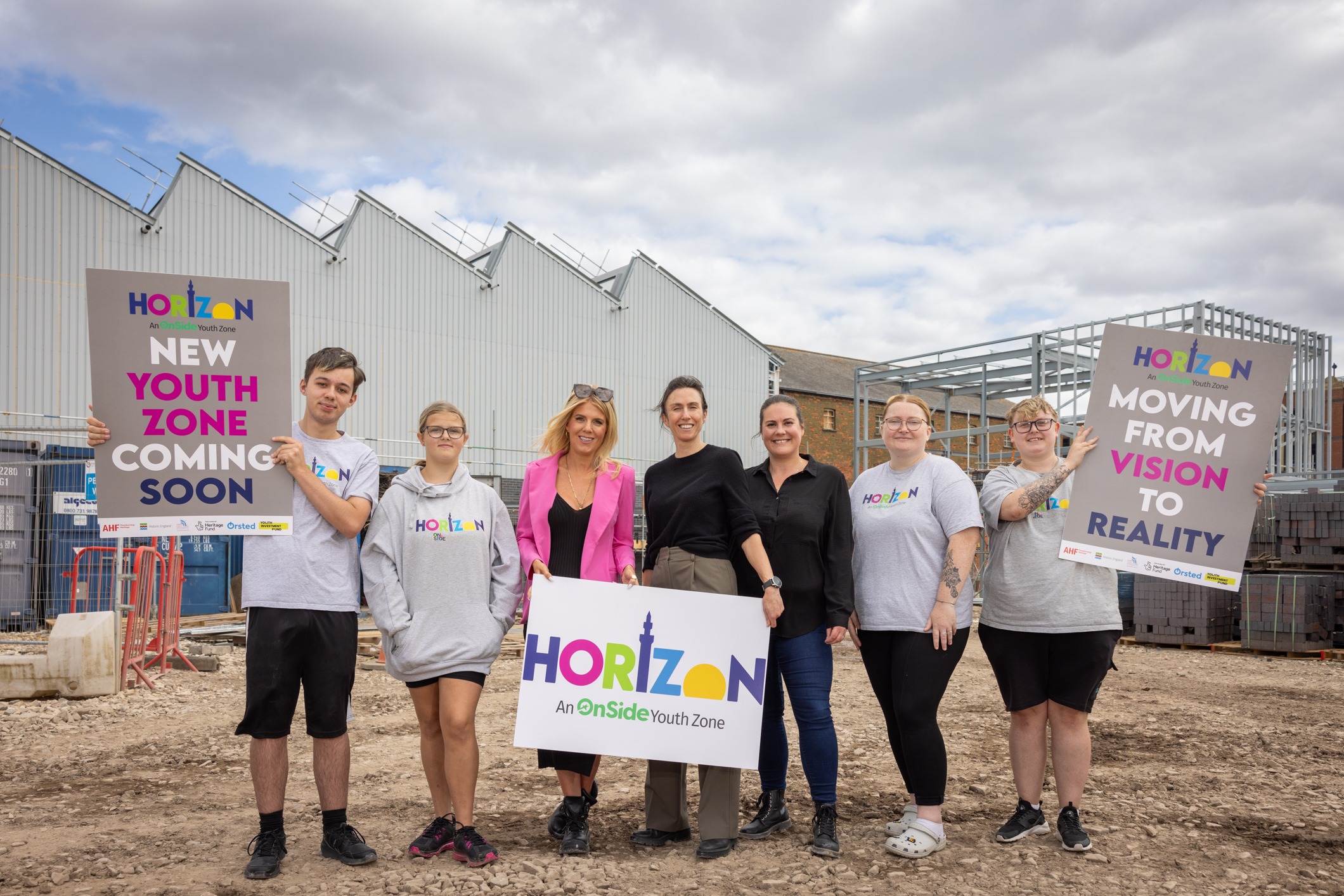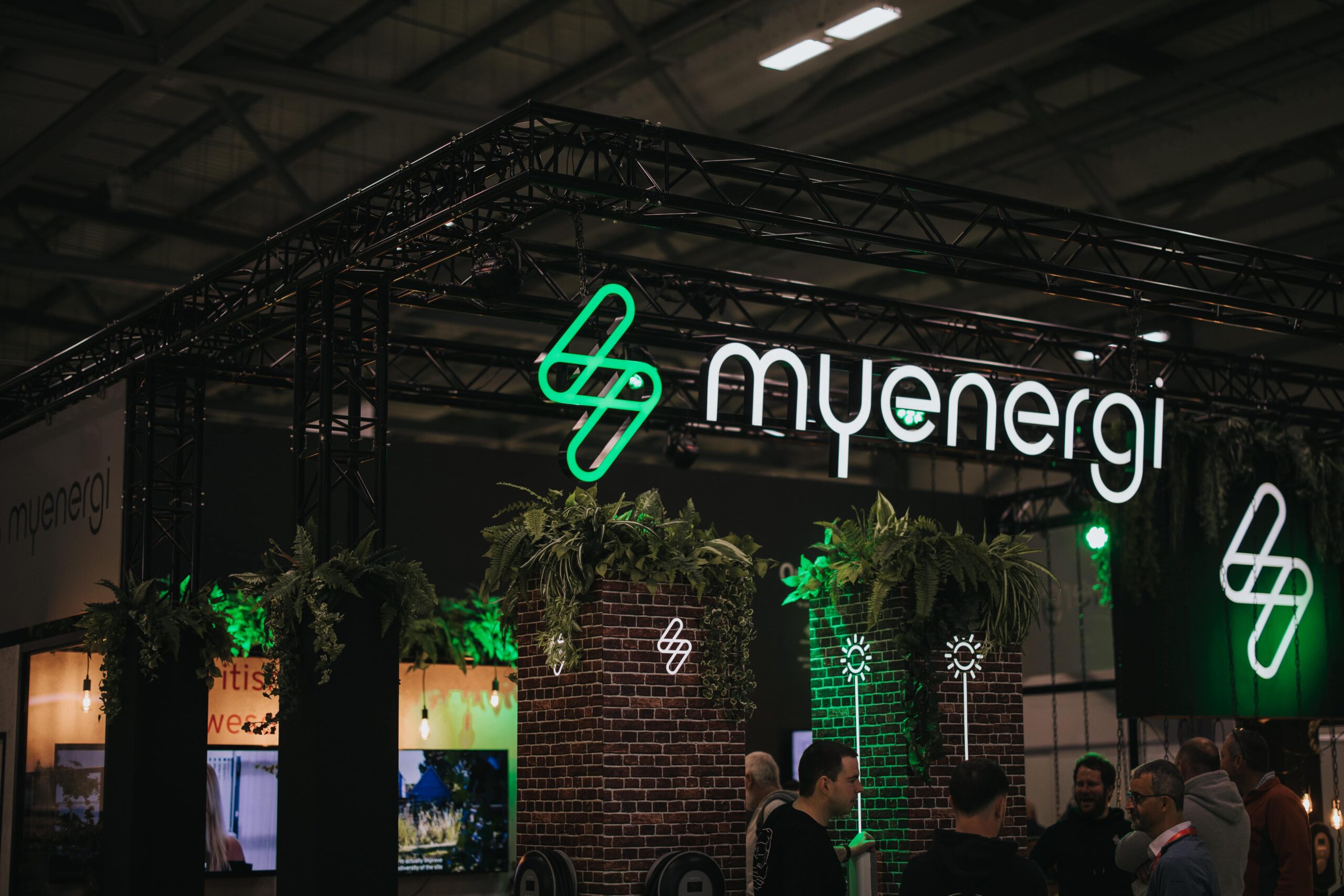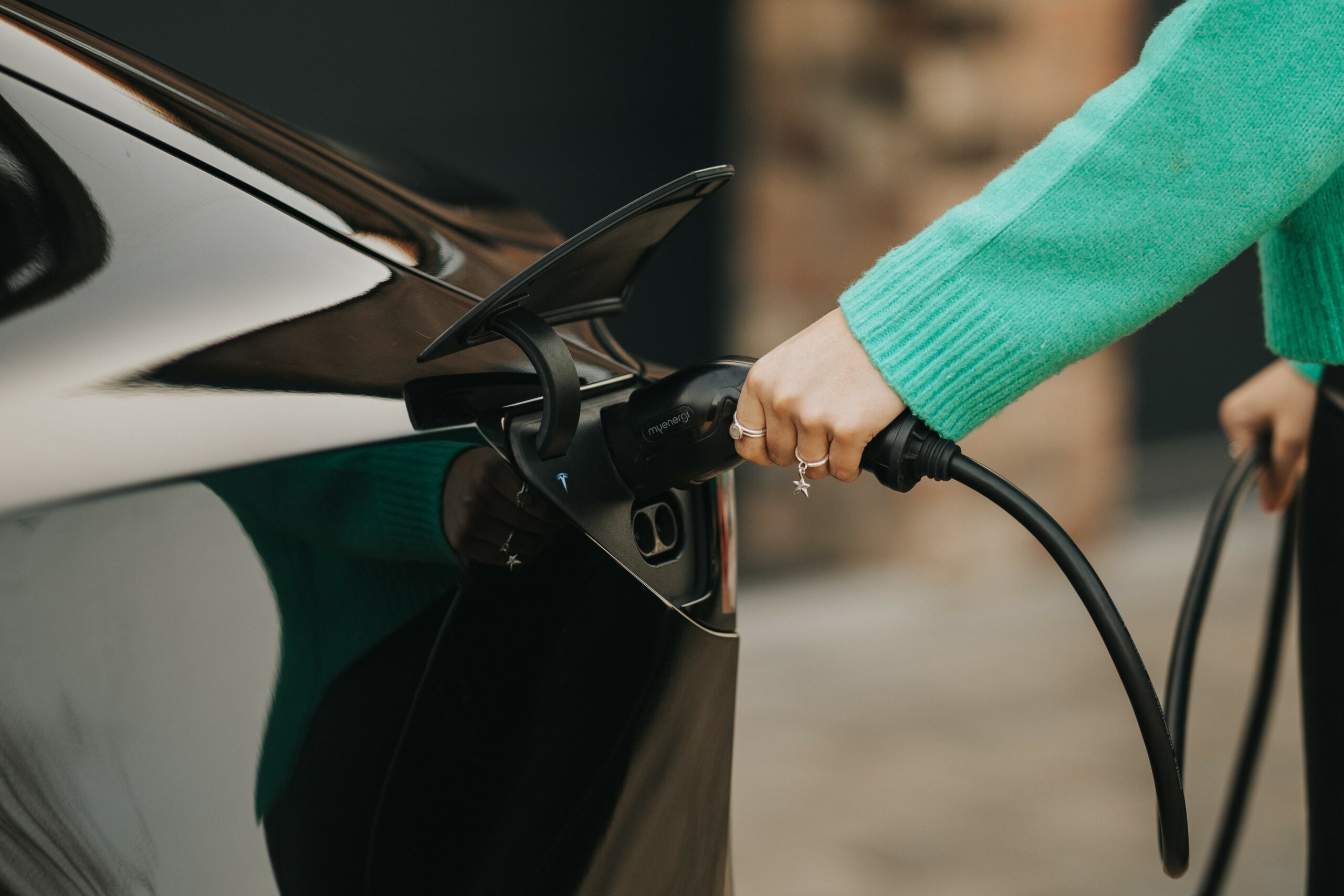Jordan Brompton, co-founder and CMO of myenergi, discusses the challenges facing the house building and property development sector and explains why embracing the latest advances in eco-smart home energy technology can offer a valuable differentiator.
According to insight from the National House Building Council (NHBC), the UK housebuilding sector continues to experience widespread uncertainty. High mortgage rates, high interest rates and the ongoing cost of living crisis are deterring buyers, while poor weather conditions, soaring material prices, growing skills shortages and supply chain pressures are collectively hitting developers hard.
In Q1 2024, just 26,240 new homes were completed, down 13% compared to the same period last year.[1] What’s more, across the UK, 9 of 12 regions saw a major fall in registrations, with the biggest drops reported in the East Midlands (-43%), Wales (-43%) and the North West and Merseyside (-41%).[2]
Bungalow registrations fell 43%, while terraced properties dropped 26% and detached homes dipped 24%. While output was publicly refocussed to help address the demand for affordable homes, even the rental and affordable sector saw a decline, with just 8,334 registrations reported in Q1 2024, down 19% year-on-year (10,280).[3]
While market conditions remain unfavourable, housebuilders must also navigate an increasingly stringent regulatory landscape, which continues to add complexity to almost every build – especially when it comes to safety and environmental considerations. Alongside getting to grips with last year’s introduction of the Building Safety Act and Fire Safety Act,[4] housebuilders must navigate the Environment Act,[5] new biodiversity requirements and the recent introduction of new conservation covenants.
To top it off, they must adhere to regulations surrounding the mandatory installation of electric vehicle charging points, which have been introduced to accelerate the adoption of alternatively-fuelled vehicles ahead of the looming 2035 ban.[6]
All in all, this may sound like an insurmountable challenge to overcome. But housebuilders shouldn’t give up hope just yet. After all, small signs of growth are finally emerging, with month-on-month increases in registrations since January, while build volumes are anticipated to rise in the second half of the year as economic conditions begin to improve and consumer confidence starts to recover.[7]
In addition, there are a number of clever, cost effective, technological solutions that can help to not only meet legislative requirements, but also improve sales figures. While getting the wider sector back on track will undoubtedly be a far longer-term challenge, short-term marginal gains should be embraced with open arms.
Achieving ‘unfair advantage’
With the popularity of renewables rocketing, insight suggests that properties featuring sustainable solutions will sell faster and at a far higher margin. Research from Legal & General, for example, reveals that buyers will pay up to a 20% premium to purchase a low carbon property.[8]
While solar panels, heat pumps and domestic wind turbines are becoming ever-more commonplace in new-build properties, technologies that further improve their efficiency are in huge consumer demand.
At myenergi, we’ve developed an ecosystem of eco-smart tech solutions that users cut costs, reduce consumption and minimise reliance on the grid. From a housebuilding perspective, each model improves your SAP 10.2 score, contributes towards your build’s ESG credentials and helps you comply with the latest Part L (L1A) building regulations.
From our zappi EV charger and eddi power diverter, to our modular battery storage system libbi, our priority is to make homes more energy efficient, while setting the standards in sustainability. The range comprises:
zappi – An EV charger with a difference, not only is zappi fully grid compatible and smart tariff ready, but also features optional charging modes capable of utilising 100% green energy. Zero fossil fuels, zero reliance on the grid, zero emissions travel – a future-proof selling point for new builds.
eddi – Designed to save money and save energy, eddi works in parallel with renewable generation to divert green energy to where it’s needed most. Rather than exporting surplus electricity back to the grid in periods of high generation and low demand, eddi redirects power to your immersion heater, storage heater, underfloor heating, electric heater or any other electrical resistive load up to 3.68kW with a mechanical thermostat.
libbi – A simple, effective way for users to capture surplus green electricity and access it immediately when they need it most, libbi is our eco-smart modular battery storage system.
The modular design uses 5.1kWh battery packs, scalable up to a total of 20.4kWh of storage, with either a 3.68kW or 5kW inverter. Customers can choose whether to charge the libbi from solar, grid energy, or a mixture of both – with the latter being optimised around a time-of-use or agile tariff.
While each model can operate independently, all devices will also work in harmony to provide even greater eco-smart energy management capability. With hundreds of thousands of units installed worldwide, you can count on the myenergi ecosystem to deliver added value.
Turning a corner
Disruption, uncertainty and unpredictability will likely remain buzzwords for the housebuilding sector as we continue into the second half of 2024. It’s a challenging scenario and one that will surely be remembered for decades to come.
It must be said, however, that there are brighter times ahead and, while we wait for the clouds to clear, focusing on incremental changes to attract customers wherever possible must remain the upmost priority. Indeed, looking towards the latest innovation that has potential to meet the intricacies of new legislation, while improving market attractiveness, should be an obvious place to start.
At myenergi, we offer the complete solution. As well as supporting with building regulations, we’re on hand throughout the build process to offer impartial compliance guidance. We also offer free training services to contractors to ensure hardware and software are installed with confidence.
[1] https://www.independent.co.uk/money/wet-weather-and-economic-challenges-dampened-house-building-in-early-2024-b2544081.html
[2] https://professionalbuildersmerchant.co.uk/news/nhbc-figures-reflect-house-building-challenges/
[4] https://info.pennington.org.uk/blog/the-building-safety-bill-everything-you-need-to-know-in-5-minutes
[5] https://www.lexology.com/library/detail.aspx?g=01ddde2e-0453-4b30-9803-4de20472fa32
[6] https://coodes.co.uk/blog/four-incoming-environmental-policies-affecting-the-property-sector-to-watch-in-2022/
[7] https://www.independent.co.uk/money/wet-weather-and-economic-challenges-dampened-house-building-in-early-2024-b2544081.html
[8] https://group.legalandgeneral.com/en/newsroom/press-releases/legal-general-research-shows-buyers-will-pay-up-to-20-premium-for-low-carbon-homes

